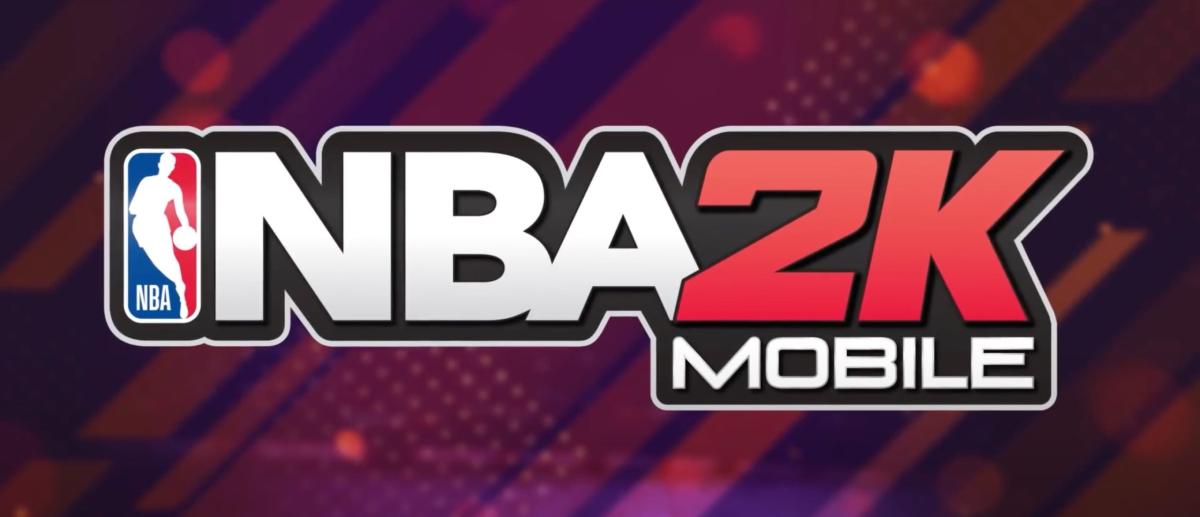Electronic Arts CEO Andrew Wilson has shared his thoughts on Call of Duty becoming a Microsoft-exclusive franchise, saying that he thinks it could inadvertently benefit Battlefield.
Axios’ Stephen Totilo reported on what Wilson had to say during a Goldman Sachs event, saying Wilson felt that the uncertainty over Call of Duty’s future on other gaming platforms was a potential opportunity for their own first-person shooter.
Moreover, Microsoft continues its attempts to close its acquisition of Activision Blizzard while its ongoing tussle with PlayStation doesn’t seem to show any signs of slowing down. Microsoft has said that it will continue to launch Call of Duty on PlayStation consoles, but PlayStation CEO Jim Ryan has bashed Microsoft’s three-year offer, saying it was “inadequate on many levels and failed to take account of the impact on our gamers.”
Referencing the steadily-growing war between the two video game giants over one of the most beloved shooter franchises, Wilson said “In a world where there may be questions over the future of Call of Duty and what platforms that might be on or might not be on, being platform agnostic and completely cross-platform with Battlefield, I think is a tremendous opportunity.”
Wilson is essentially explaining that Call of Duty being locked to a single platform would be beneficial to Battlefield. While Battlefield releases across both PlayStation and Xbox, Call of Duty would only release on the latter, letting Battlefield finally have the chance to rival Call of Duty in sales by reaching a much wider audience.
The EA CEO was also not one to shy away from accepting blame where it’s due, acknowledging how much of a disappointment recent entries in the Battlefield series have been.
“I don’t think we delivered in the last two iterations of that in the way that we should have. There’s a lot of work we’ve got to do there. But at its very core, it’s an extraordinary IP. And what we’ve seen in the world of entertainment is [that] great IP is resilient,” he said.
Other than Sony, there doesn’t seem to be much outcry from the public or private organizations against Microsoft’s acquisition of Activision. That being said, the deal is far from being finalized, needing approval not only from PlayStation’s CEO and team but also from the various regulatory bodies involved.
There are some issues that have been raised into question with the U.K.’s Competition and Markets Authority thinking that the finalization of the deal could possibly violate anti-competition laws, putting all parties involved in muddy waters.












Published: Sep 21, 2022 06:25 am